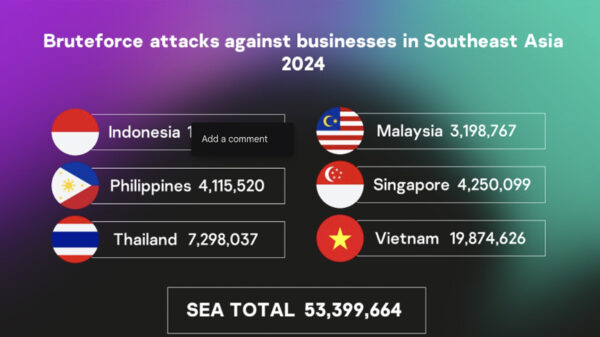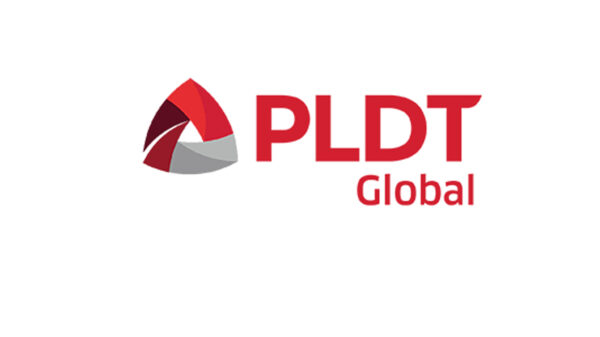PLDT and Smart’s Cyber Security Operations Group (CSOG) strongly suggests assigning unique passwords for all online accounts including digital wallets and online banking platforms.
“If you use the same password for all login credentials, you basically hand over access to all your accounts. It’s like giving the robber the master key to your front door, cabinets, and safe,” warned Angel Redoble, First Vice President and Chief Information Security Officer of PLDT and Smart.
Passwords are considered the first line of defense against hackers. As we utilize the internet more for daily activities, it has become inevitable to maintain multiple online accounts for work, financial transactions or personal use. And this entails remembering different passwords.
However, for convenience, other users resort to using a common password for all platforms. But this practice can be very dangerous because it can open the floodgates to a deluge of headaches.
Remembering different passwords for different accounts may pose a memory challenge. But CSOG has a CyberSmart trick to help you out. Use alphanumeric codes to assign each password to a specific account.
For example, if your common password is ‘W0rldPe@c3’, you can add either a prefix or a suffix to denote which platform it is for. For Instagram, you may add ‘IG33’ as a prefix – ‘IG33W0rldPe@c3’. For Google, you may add ‘GG33’ at the end – ‘W0rldPe@c3GG33’.
CSOG also shares the following tips on creating strong passwords:
Key in at least 8 characters that meet at least three of the following conditions – alphanumeric, UPPER-CASE and lower-case letters, special characters.
Use multi-factor authentication to add another layer of protection.
Consider password managers to help you match the password to a specific platform.
Do not use your username as password.
Never recycle the last 5 passwords used.
And more importantly, do not display, print, or copy passwords.
And in the event that your account provider has been breached, change your password immediately.
The efforts of PLDT and Smart to prevent cybercrimes are fundamental to the PLDT Group’s much broader program to elevate the quality of customer experience by protecting them from threats and attacks.
















































































































